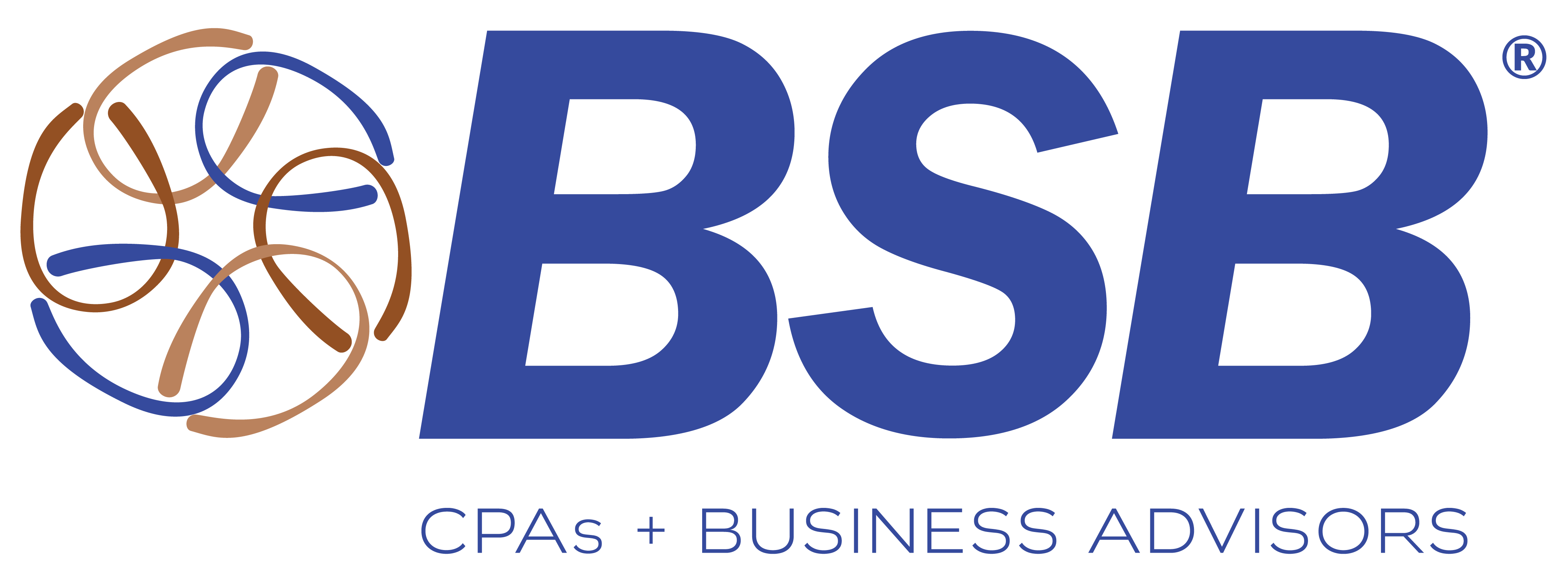It is important that businesses and business owners review your tax and financial plans at year end. While there has been minimal tax legislation passed, the potential for change is on the horizon. The tax professionals at BSB are closely monitoring any potential changes to tax legislation and we will update you accordingly.
Please contact us at your earliest convenience to discuss your situation so that we can develop a customized plan for you.
In the meantime, here’s a look at some issues impacting businesses for your consideration as we approach year end.
Pass-Through Entity Tax (PTET)
Several states have enacted legislation that allows pass-through entities (PTEs) to pay and deduct state income taxes at the entity level instead of the individual level. Maryland and Virginia are among the nearly 35 states that have enacted workarounds to this deduction limitation for owners of pass-through entities.
Under new Virginia legislation enacted in March 2023, any PTE can opt for the PTET. However, to claim a refundable PTET credit, the direct owner of a PTE must be 1) a natural person who pays Virginia individual income tax or 2) an estate or trust that pays Virginia fiduciary income tax.
PTE’s making any state PTET elections in 2023 should consider the need to make 4th quarter PTET estimated tax payments to satisfy projected 2023 PTE tax liabilities and claim the federal deduction for state income tax before yearend. Virginia 4th quarter estimated tax payments are due December 15, 2023 and can be made using the following link: https://www.business.tax.virginia.gov/tax-eforms/ptetpmt.php#.
Bonus Depreciation
Effective January 1, 2023, the first-year bonus depreciation maximum is 80% on both new and used equipment purchases and decreases by 20% per year through December 31, 2026. Taxpayers can still qualify for Section 179 deduction for eligible property and should consider the phase down bonus depreciation changes before yearend to maximize depreciation deductions.
Business Meals
The 100% deduction for restaurant meals is not available for 2023 and the majority of business meals are now 50% deductible. There are however circumstances where certain business meals may qualify for a 100% deduction. It is important to properly categorize your business expenses and keep in mind the rules for business meal deductions as you enter the holiday season and yearend.
Net Operating Loss Carryforward
Federal net operating losses (NOLs) generated can only be carried forward and may only offset 80% of current year taxable income. A business that anticipates a NOL may consider accelerating income or deferring expenses to create a small amount of income for 2023. Corporations should monitor their taxable income and submit appropriate estimated tax payments to avoid underpayment penalties as necessary.
Retirement Savings Plans
If you have not already established a retirement plan you may want to consider taking advantage of this benefit. Some plans must be established and funded by December 31, 2023, whereas others may be established and funded through the extended due date of the business tax return. Depending on your tax bracket this can provide significant tax savings by reducing taxable income.
Research & Development Tax Credit and Cost Capitalization
Taxpayers should review the substantiation requirements for the R&D Tax Credit as well as the requirements to capitalize and amortize specified research and experimentation (SRE) activities under IRC Section 174. The IRS released Notice 2023-63 in September 2023 to offer guidance to taxpayers on the application of Section 174 costs and announce their intentions to issue proposed regulations for these SRE activities. Under Section 174, SRE activities are no longer immediately deductible for tax purposes and must be amortized over 5 years (15 years for foreign research expenses).
Nexus caused by Telecommuting Workers
Many companies have changed their work from home policies and are allowing employees to telecommute. Employees working from home may create nexus in other states and require new reporting and payment obligations for both income and employment taxes. Companies should review the location of their employees and review the rules of each state.
Energy Tax Credits
The Inflation Reduction Act signed into law in August 2022 included modifications of many of the current energy-related tax credits and the introduction of new credits and monetization options. Companies should review the eligibility qualifications and consider if an investment in energy efficient property and sustainability initiatives fit their needs.
Please contact us if you would like to discuss year end planning. As always, planning ahead can help you minimize your tax bill and position you for greater success.





